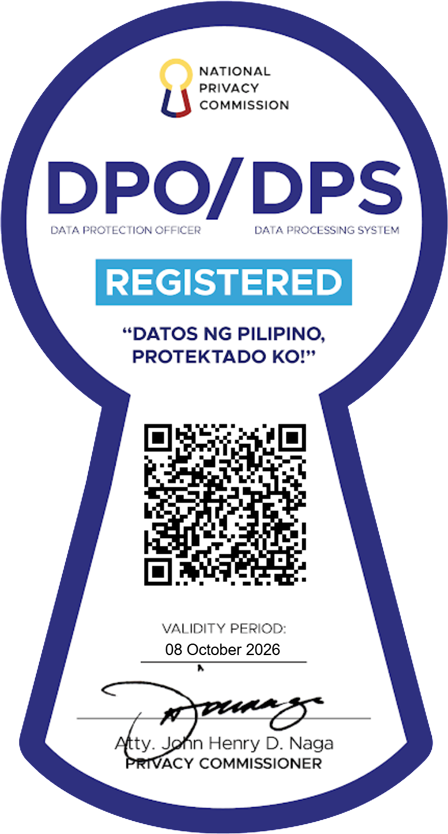When it comes to relationships, open communication and shared decisions form the foundation of a healthy partnership. One of the most important conversations couples can have is about family planning—a mutual commitment to making informed choices about if, when, and how many children to have.
Family planning isn’t just about contraception or avoiding pregnancy—it’s about planning your life together. It’s a team effort that involves understanding each other’s values, goals, and readiness for parenthood.
Why Family Planning Should Be a Shared Responsibility
1. It Strengthens Communication and Trust
Discussing family planning allows couples to openly talk about their dreams, fears, and expectations. When both partners are involved in these decisions, it strengthens trust and ensures that choices align with shared life goals.
Whether it’s deciding to have kids soon or to wait until financially stable, these discussions create a safe space where both voices matter equally.
2. It Promotes Equality in Relationships
Family planning isn’t solely a woman’s responsibility. Men play an important role, too—by supporting their partners in contraceptive choices, learning about reproductive health, and even considering options like condoms or no-scalpel vasectomy.
When both partners share the responsibility, it fosters equality and teamwork—qualities that make any relationship stronger.
3. It Leads to Better Health and Well-Being
Couples who plan together are better equipped to make healthy reproductive choices. Using methods such as oral contraceptive pills, injectables, implants, or IUDs helps prevent unplanned pregnancies and gives both partners more control over their reproductive health.
It also gives women the chance to space pregnancies properly, protecting their health and ensuring better outcomes for both mother and child.
4. It Encourages Financial and Emotional Readiness
Family planning helps couples prepare not just physically, but also emotionally and financially. By deciding together, couples can plan for future milestones like buying a home, pursuing a career, or saving for a child’s education—making parenthood more sustainable and fulfilling.
Making Family Planning Work as a Couple
Start the conversation early. Talk openly about your goals, values, and what you both envision for your future.
Learn together. Explore different contraceptive methods and visit a health provider to find what fits your needs.
Support each other. Whether one partner is taking pills or the other is using condoms, mutual respect and encouragement go a long way.
Review and adjust. Your family planning goals may evolve over time—and that’s okay. Keep the communication going as your life circumstances change.
Take the Next Step Together
Family planning is more than just a health decision—it’s a shared journey that empowers couples to take control of their future, together. By talking, supporting, and deciding as a team, you build not only a stronger relationship but also a more secure and fulfilling life ahead.








